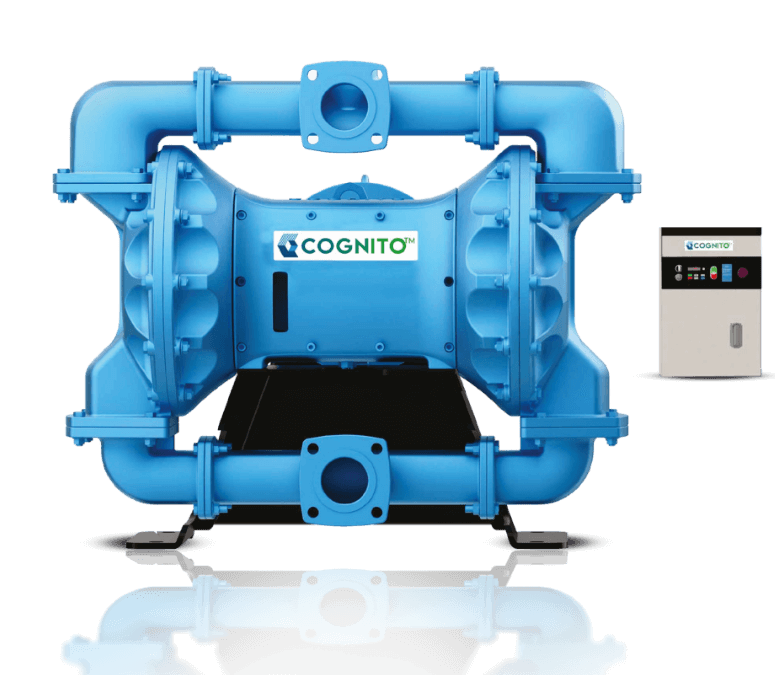Advanced Chemical Process Pump Solutions
 |
| Advanced Chemical Process Pump Solutions |
In several modern
industries, including pharmaceuticals, chemical processing, oil & gas, food
processing and wastewater management, pumps play an important role when
handling corrosive, abrasive, and hazardous fluids. These pumps do not merely
move liquids from one place to another; they effectively handle arduous
operating conditions, offering industries a durable and reliable solution for
their needs.
Here are some key types of
advanced chemical processing pumps:
Centrifugal Pumps:
As the name suggests, centrifugal pumps work on the basis of a circular
movement; the pump displaces fluids via rotational energy from an impeller. One
of the most commonly used pumps today, centrifugal pumps are known for their
efficiency, simplicity, and ability to handle large flow rates. As far as their
working mechanism is concerned, the fluid enters the pump through the inlet or
the suction side, after which, the rotating impeller creates a centrifugal
force to push the liquid outward. Owing to the added pressure, the fluid moves
from the impeller to the diffuser and finally to the discharge outlet.
A popular centrifugal pump
is the magnetic drive pump (mag drive), which uses magnetic coupling instead of
a direct shaft connection. The sealless design of mag drive pumps prevents
leaks, making them ideal for industries where hazardous chemicals are handled.
Positive Displacement Pumps:
These modern chemical processing pumps
displace fluids by trapping a fixed amount of liquid and forcing it through the
discharge. As opposed to centrifugal pumps, positive displacement pumps work on
speed (in a particular direction) and pressure. The best part about positive
displacement pumps is that they deliver consistent flow rates regardless of pressure
variations.
Positive displacement pumps
feature a cavity which expands to draw in fluid. Once the fluid is drawn, the
same cavity contracts to discharge it from the outlet. These two steps are
repeated continuously to deliver a steady and controlled flow. Popular positive
displacement pumps include gear pumps which use mesh gears to push liquid; lobe
pumps, where rotating lobes displace fluids; and screw pumps, which use
intermeshing screws to move fluids smoothly.
Sealless pumps:
Since these pumps do not have any seals, they eliminate the risk of leaks,
require significantly less maintenance, and are considered a reliable option.
Any leak while handling hazardous, toxic, corrosive, or valuable fluids can be
very risky, so sealless pumps are preferred by several industries, such as
chemical processing, pharmaceuticals, food production, and petrochemicals.
Besides mag drive pumps, canned motor pumps are popular as sealless pumps.
Canned motor pumps are highly efficient and perfect for high-pressure and
high-temperature applications.
Mechanically Sealed Pumps:
A mechanically sealed pump is a pump that uses a mechanical seal to prevent
leakage between the rotating shaft and the stationary pump casing. These pumps
consist of a rotating and stationary surface, which, when pressed together,
create a tight seal that prevents fluid leakage while allowing rotation.
Other popular pumps include
submersible which are used for wastewater and slurry applications; slurry
pumps, which are ideal for corrosive and abrasive slurries in chemical
processing; and high-temperature pumps, which are designed to work amidst
extreme temperatures in chemical production, including molten salts and hot
acids.
Modern Chemical Processing
Pumps by Richter
All modern chemical pumps
are expected to handle aggressive fluids and chemicals. They are also likely to
offer leak-proof operations. But Richter pumps take performance and efficiency
a notch above. Built with optimum material combination with PTFE lining and PFA
disc, and superior corrosion resistance, all Richter pumps are
built to last.
The modern design of the
pumps optimises energy consumption at all stages of the operation. To meet
specific operational needs, Richter pumps are available in various
configurations, including mag drive, vortex, peripheral, mechanically sealed,
and sealless. Additionally, modular designs allow for easy customisation and
upgrades.
Richter's mag drive pumps
feature optimised hydraulics, which minimise energy costs. A smaller number of
components ensure the pumps are easy to maintain. These pumps also offer
superior resistance to corrosion and can be adapted to a wide variety of
operating conditions.
Richter's mechanically
sealed pumps are designed for heavy-duty operations. These pumps can handle
pressures up to PN16 and work with temperatures between -60 °C and +180 °C. The
mechanical seals of these pumps can be replaced with low-cost seals throughout
the pump's lifecycle.
Richter, working under the
IDEX India umbrella, is India's leading and trusted valve manufacturer. For
decades, the brand has offered various industries cost-effective alternatives
to expensive special metals and alloys. Its high-grade, corrosion-resistant,
fluoro plastic-lined products ensure reliable fluid isolation, making them ideal
for applications requiring safe separation between fluids and the atmosphere.
All Richter pumps are built for durability. The pumps' PTFE lining allows them
to handle the most challenging fluids while ensuring long operations and low
lifecycle costs.
To know more about Richter's chemical processing pumps, visit their website today:
https://www.idexindia.in/richter/



Comments
Post a Comment